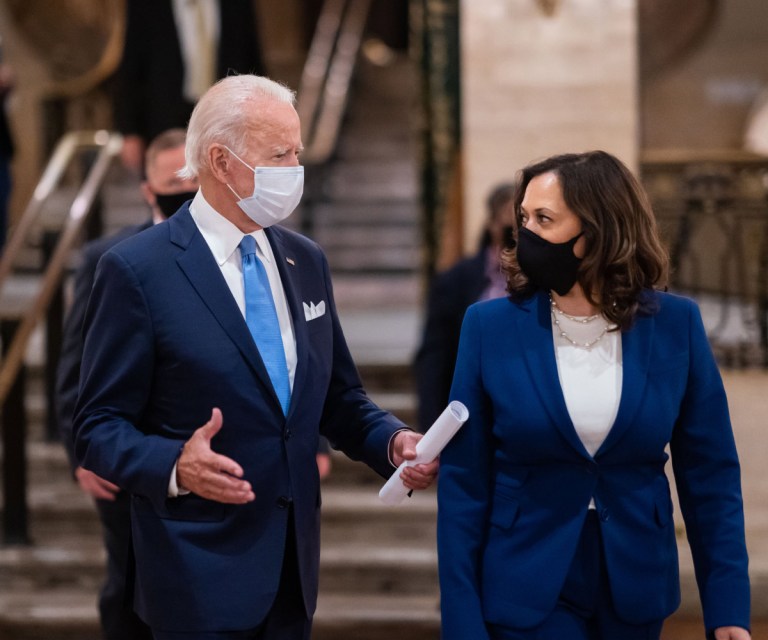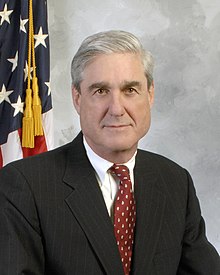
Culture and Arts
If You're Looking For A Link To the Mueller Report, Look No Further
Editor's Note:
We're not downloading the entire Mueller report, but here is the Justice Department URL to read the report at:
Report On the Investigation Into Russian Interference In The 2016 Election, Vol I and II; Special Counsel Robert S. Mueller, III
https://www.justice.gov/storage/report.pdf?_ga=2.80421777.744576135.1555603755-461170982.1555603755
Mueller received the following military awards and decorations:
 |
 |
 |
 |
||||
 CraftTexas, Contemporary Craft 2022; Challenging Expectations of Craft
CraftTexas, Contemporary Craft 2022; Challenging Expectations of Craft
CraftTexas 2022 is the eleventh in a series of juried exhibitions showcasing the best in Texas-made contemporary craft. Juried by Andres Payan Estrada, the curator of public engagement at Craft Contemporary in Los Angeles, CA, this year’s show includes 40 pieces by nearly 30 artists, highlighting works that speak to personal stories of struggle and resilience, while challenging expectations of contemporary craft. Filling both the main and front gallery spaces at HCCC, the exhibition includes a wide variety of artworks and installations, with a particularly strong showing of work created from fiber, metal, and mixed media. more »
 COVID Tax Tip 2022-165: Grandparents and Others With Eligible Dependents Shouldn’t Miss Out On the 2021 Child Tax Credit
COVID Tax Tip 2022-165: Grandparents and Others With Eligible Dependents Shouldn’t Miss Out On the 2021 Child Tax Credit
Grandparents, foster parents or people caring for siblings or other relatives should check their eligibility to receive the 2021 child tax credit. People who claim at least one child as their dependent may not realize they could be eligible to benefit from the child tax credit. Eligible taxpayers who received advance child tax credit payments last year should file a 2021 tax return to receive the second half of the credit. Eligible taxpayers who did not receive advance child tax credit payments last year can claim the full credit by filing a 2021 tax return. COVID Tax Tip 2022-165: Grandparents and others with eligible dependents shouldn’t miss out on the 2021 child tax credit. Internal Revenue Service (IRS) sent this bulletin at 10/27/2022 10:39 AM EDT
IRS Tax Tips
October 27, 2022… more »
 The Biden-Harris Administration is Taking Action on Junk Fees that Hurt Americans’ Pocketbooks and the Economy
The Biden-Harris Administration is Taking Action on Junk Fees that Hurt Americans’ Pocketbooks and the Economy
"Academic research and agency experience suggest the following fees and fee practices fall within this category: Mandatory fees that often hide the full price. Some sellers publish a low price and then add mandatory fees later, at the “back-end” of the buying process or when a consumer tries to terminate the service... As the research shows, by hiding the full price, this practice can lead consumers to pay more than they would otherwise, and it also makes it hard for consumers to comparison shop... An example is the “service fees” added to the cost of a ticket to a concert or sporting event. more »
 GAO Report, K-12 Education: Department of Education Should Provide Information on Equity and Safety in School Dress Codes
GAO Report, K-12 Education: Department of Education Should Provide Information on Equity and Safety in School Dress Codes
"While school districts often cite safety as the reason for having a dress code, many dress codes include elements that may make the school environment less equitable and safe for students. For example, an estimated 60 percent of dress codes have rules involving measuring students' bodies and clothing—which may involve adults touching students. Consequently, students, particularly girls, may feel less safe at school, according to a range of stakeholders GAO interviewed. According to GAO's nationally generalizable review of public school dress codes, districts more frequently restrict items typically worn by girls—such as skirts, tank tops, and leggings—than those typically worn by boys—such as muscle shirts. Most dress codes also contain rules about students' hair, hair styles, and head coverings, which may disproportionately impact Black students and those of certain religions and cultures, according to researchers and district officials." more »







